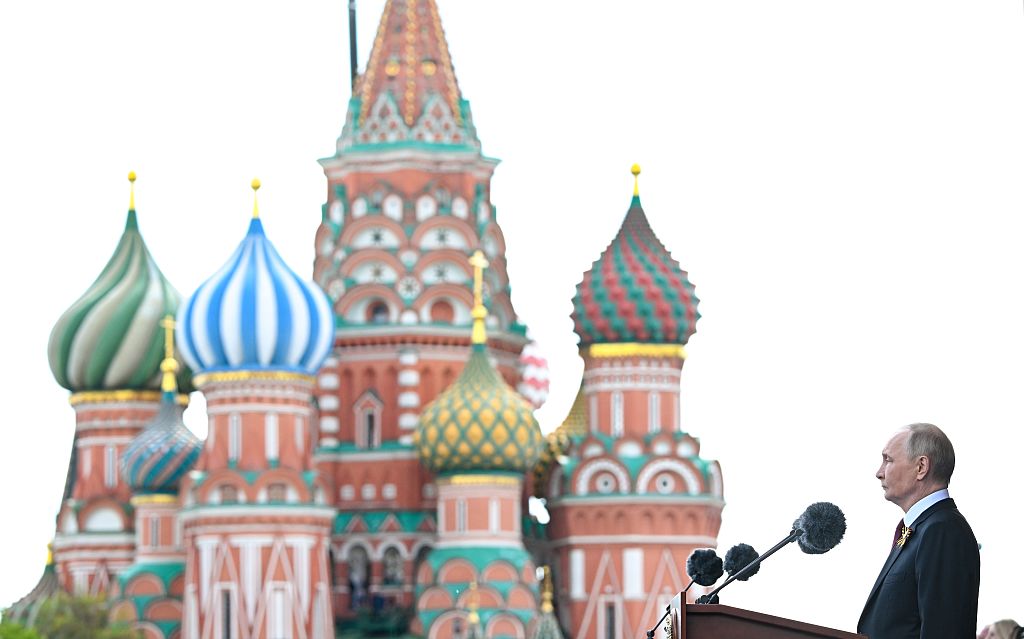BRUSSELS – Member state envoys to the EU agreed a fresh raft of restrictive measures on Russia on Wednesday, as the bloc continues to ramp up pressure on Moscow ahead of peace talks between Kremlin and Ukrainian officials tomorrow.
The new sanctions package – the 17th since Russia launched its full-scale invasion of Ukraine in February 2022 – includes visa bans and asset freezes for senior Russian political and business officials.
It also includes export bans for chemicals used to make weapons, trade restrictions on dozens of companies involved in sanctions circumvention, and listings of almost 200 members of Russia’s “shadow fleet” of oil-exporting vessels that are used to bypass a Western oil price cap.
Hungary and Slovakia, the EU’s two most pro-Moscow countries that remain heavily dependent on imports of Russian energy, supported the package due to its relative weakness, EU diplomats said.
Sweden and Finland, meanwhile, said that the package will need to be approved by their national parliaments. Both countries are expected to approve the measures and are fully supportive of further sanctions on Moscow, diplomats said.
The approval comes after multiple EU ministers and officials vowed on Tuesday to continue imposing restrictive measures on Moscow to force it to enter into peace negotiations with Kyiv.
Finance ministers from Sweden and Lithuania explicitly called for an 18th package of sanctions after Russia ignored the EU’s Monday deadline for a 30-day ceasefire.
Commissioner for Economy Valdis Dombrovskis also said on Tuesday that Brussels is “ready to work to continue putting pressure against the aggressor, Russia, both in terms of new sanctions but also in terms of [the] stronger implementation” of existing restrictive measures if no peace deal is agreed.
Dombrovskis added that the “most effective way of reducing revenue flow for Russia’s war machine” is to limit Moscow’s revenue from energy exports.
The new restrictive measures come as Ukrainian President Volodymyr Zelenskyy vowed earlier this week to “personally” meet with his Russian counterpart, Vladimir Putin, in Istanbul on Thursday to negotiate an end to the war.
Last night Putin’s spokesperson, Dmitry Peskov, said a “delegation” of Russian officials will travel to Turkey but refused to say whether Putin will personally attend.
US President Donald Trump, who is currently on a visit to the Middle East and has pushed for both sides to end the war, has also not ruled out attending the meeting.
The new sanctions package will be formally approved by EU foreign ministers in Brussels on May 20.
(mm)
Source: www.euractiv.com



